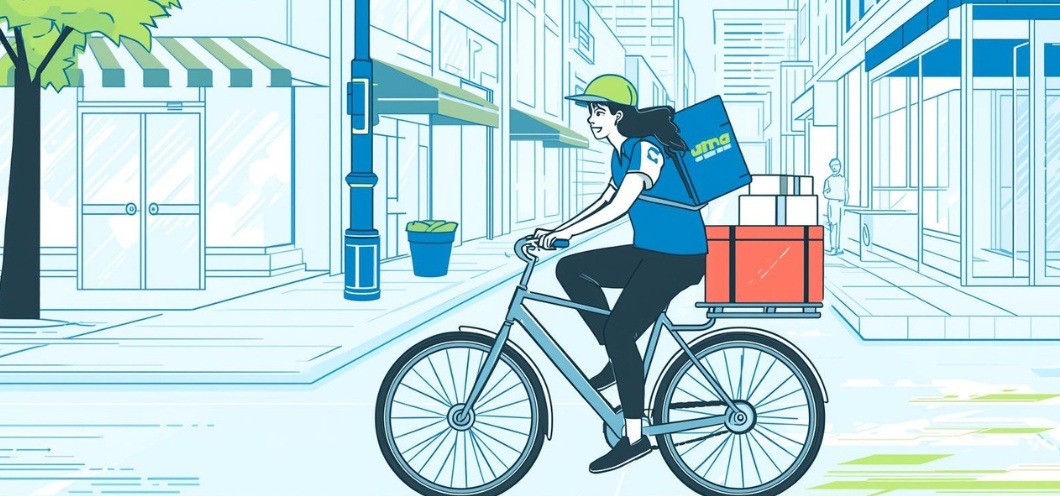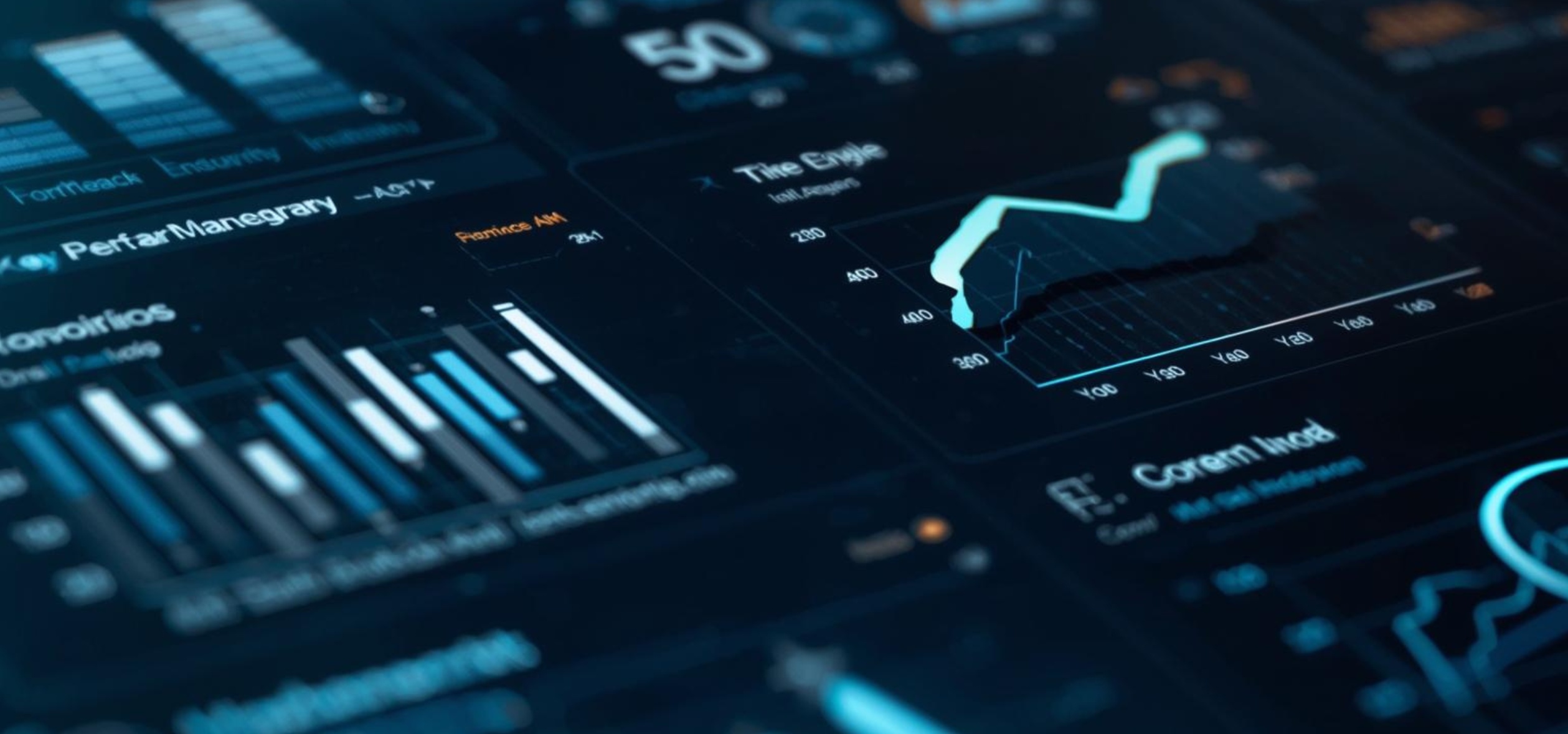- Imran Khan
- 1379
In the dynamic landscape of modern retail, success has traditionally been measured by sales figures, market share, and profit margins. However, as societal values shift towards environmental consciousness and ethical consumption, a new metric of success has emerged within the retail sphere: sustainability.
The Paradigm Shift
Sustainability in retail is no longer a mere buzzword; it’s a fundamental aspect shaping the industry’s future. Beyond the pursuit of profits, retailers are increasingly embracing a broader responsibility—to minimize their environmental impact, support ethical practices, and cater to an informed consumer base that prioritizes sustainability.
Environmental Consciousness Driving Change
Consumers today are more environmentally conscious than ever before. They actively seek out brands and retailers that align with their values, favoring those committed to reducing carbon footprints, minimizing waste, and using eco-friendly materials. This shift in consumer behavior has prompted retailers to reevaluate their strategies.
Redefining Success Metrics
While sales numbers remain crucial, the definition of success in retail has expanded. It now encompasses metrics such as:
1. Environmental Impact
Retailers are assessing and aiming to reduce their carbon footprint, water usage, and waste generation across their supply chains. From sustainable sourcing to energy-efficient operations, companies are integrating environmentally friendly practices.
2. Ethical Sourcing and Fair Trade
The focus extends beyond the end product to the entire production process. Companies are investing in fair trade practices, ensuring humane working conditions and fair wages for laborers, and sourcing materials responsibly.
3. Circular Economy Initiatives
Embracing a circular economy model involves reducing, reusing, and recycling. Retailers are exploring ways to extend the life cycle of products, minimize packaging waste, and create systems for repurposing or recycling materials.
Initiatives Driving Change
a. Eco-friendly Product Lines
Retailers are introducing sustainable product lines, using recycled materials or partnering with eco-conscious suppliers to offer consumers greener options without compromising quality or style.
b. Transparency and Education
Brands are being more transparent about their sustainability efforts, communicating these initiatives to consumers to raise awareness and encourage informed purchasing decisions.
c. Collaborations and Innovations
Collaborations between retailers, suppliers, and even competitors are fostering innovation in sustainable practices. From technological advancements to sharing best practices, these collaborations drive positive change at an industry level.
The Future Outlook
Sustainability in retail isn’t a passing trend; it’s a necessity for long-term viability. Consumers are becoming more discerning, demanding accountability and actively supporting brands that align with their values. Retailers that prioritize sustainability aren’t just meeting ethical standards; they’re future-proofing their businesses by adapting to evolving consumer expectations.
Conclusion
In conclusion, the retail landscape is undergoing a profound transformation, with sustainability emerging as a defining factor of success. Retailers embracing sustainable practices are not only contributing positively to the planet but also fostering deeper connections with their environmentally conscious consumer base. As the industry continues to evolve, sustainability will remain a cornerstone, redefining success in retail beyond traditional sales numbers, ultimately shaping a more responsible and conscious marketplace for generations to come.
Tags:
Retail StrategiesRetail TechnologyRetail TrendsAuthor - Imran Khan
Imran Khan is a seasoned writer with a wealth of experience spanning over six years. His professional journey has taken him across diverse industries, allowing him to craft content for a wide array of businesses. Imran's writing is deeply rooted in a profound desire to assist individuals in attaining their aspirations. Whether it's through dispensing actionable insights or weaving inspirational narratives, he is dedicated to empowering his readers on their journey toward self-improvement and personal growth.
Popular Post





